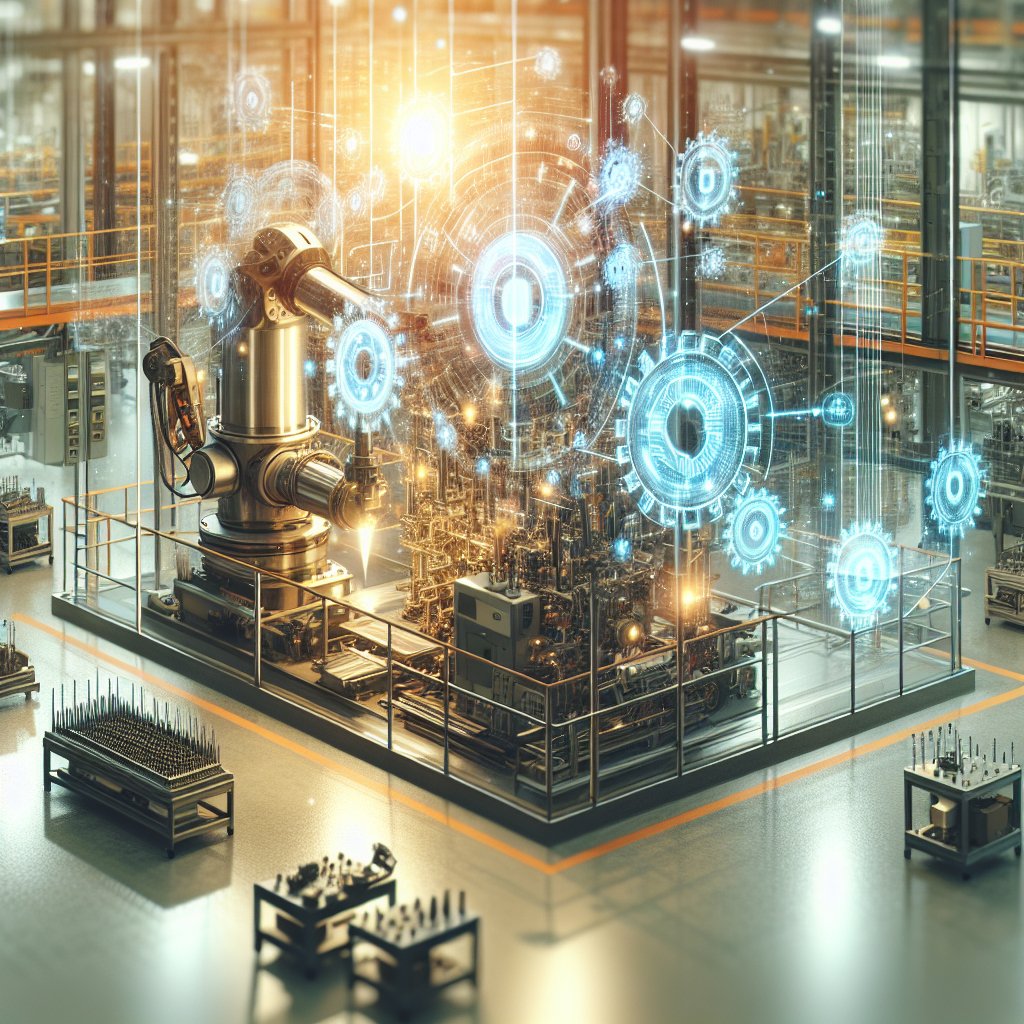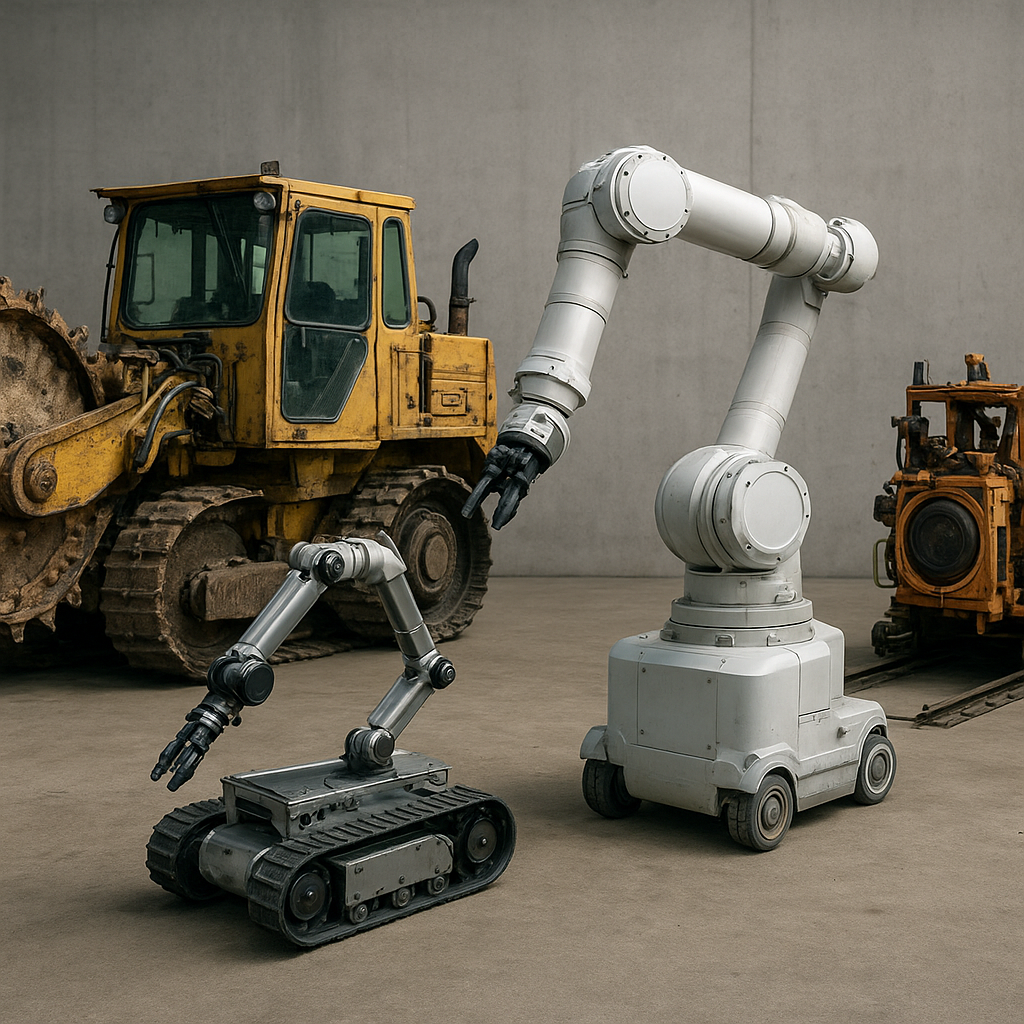
The Internet of Things (IoT) is revolutionizing the industrial sector by driving the development of smart industrial machines. This technological advancement is not only enhancing operational efficiency but also transforming the way industries function. By integrating IoT into industrial machinery, companies are able to collect and analyze data in real-time, leading to improved decision-making and optimized processes.
Understanding IoT in Industrial Machines
IoT, or the Internet of Things, refers to the network of physical objects embedded with sensors, software, and other technologies to connect and exchange data with other devices and systems over the internet. In the context of industrial machines, IoT enables these machines to communicate with each other and with central control systems, creating a cohesive and intelligent network.
The integration of IoT into industrial machines allows for the collection of vast amounts of data from various sources. This data can include information about machine performance, environmental conditions, and production metrics. By analyzing this data, companies can gain valuable insights into their operations, identify areas for improvement, and make informed decisions to enhance productivity and efficiency.
One of the key benefits of IoT in industrial machines is predictive maintenance. By continuously monitoring the condition of machines, IoT systems can detect potential issues before they lead to costly breakdowns. This proactive approach to maintenance not only reduces downtime but also extends the lifespan of equipment, resulting in significant cost savings for companies.
Applications and Benefits of Smart Industrial Machines
Smart industrial machines, powered by IoT, are being used across various industries to improve processes and outcomes. In manufacturing, for example, IoT-enabled machines can optimize production lines by adjusting parameters in real-time based on data analysis. This leads to increased efficiency, reduced waste, and higher quality products.
In the logistics sector, IoT is used to track and monitor the movement of goods throughout the supply chain. Smart machines equipped with IoT sensors can provide real-time updates on the location and condition of products, allowing companies to optimize routes, reduce delays, and improve customer satisfaction.
Another significant application of IoT in industrial machines is in energy management. By monitoring energy consumption and identifying inefficiencies, companies can implement strategies to reduce energy usage and lower costs. This not only benefits the bottom line but also contributes to sustainability efforts by reducing the carbon footprint of industrial operations.
Furthermore, IoT in industrial machines enhances safety by providing real-time monitoring and alerts for potential hazards. For instance, in hazardous environments such as oil and gas facilities, IoT sensors can detect gas leaks or equipment malfunctions, allowing for immediate response and preventing accidents.
Challenges and Future Prospects
Despite the numerous benefits, the integration of IoT into industrial machines also presents challenges. One of the primary concerns is data security. With the increased connectivity of devices, there is a higher risk of cyberattacks and data breaches. Companies must implement robust security measures to protect sensitive information and ensure the integrity of their IoT systems.
Another challenge is the complexity of IoT systems. Integrating IoT into existing industrial infrastructure requires significant investment and expertise. Companies must carefully plan and execute the implementation process to ensure a seamless transition and maximize the benefits of IoT technology.
Looking to the future, the development of smart industrial machines is expected to continue at a rapid pace. Advances in artificial intelligence and machine learning will further enhance the capabilities of IoT systems, enabling even greater levels of automation and efficiency. As industries increasingly adopt IoT technology, the potential for innovation and growth is immense.
In conclusion, IoT is driving the development of smart industrial machines, transforming the way industries operate. By harnessing the power of IoT, companies can improve efficiency, reduce costs, and enhance safety. While challenges remain, the future prospects for IoT in industrial machines are promising, offering exciting opportunities for innovation and progress.

